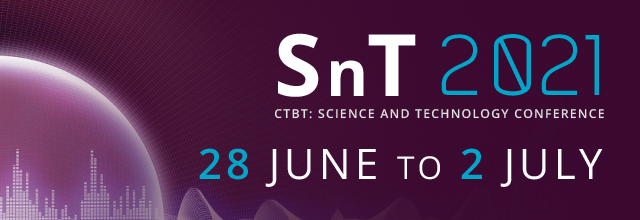Speaker
Description
We review the impact of the COVID-19 pandemic on Global Seismographic Network (GSN) operations. GSN stations, of which 50 also serve as IMS auxiliary Seismic Stations, have been designed to operate autonomously with very little operator intervention for long periods of time. These design goals have been strenuously tested with the advent of the COVID-19 pandemic, as travel by both local station operators and field engineers has been severely curtailed. We present examples of adaptive maintenance and repair strategies and the impact these have had on data return. Station downtimes are often limited by pre-positioned spares that may be easily swapped for damaged elements. Despite COVID-related impacts, the overall network uptime since January 2020 at 87%, while down from 88.7% in 2019, continues to exceed our funding agencies’ data availability metric of 85%. Planned equipment upgrades and preventative maintenance have been postponed, which may affect future system reliability. COVID and the constraints that the disease places on travel have led to increased use of tele-consulting by remote field engineers with local operators, which we anticipate will lead to enhanced local capabilities and improved overall efficiencies.
Promotional text
network sustainment and resiliency during a global pandemic

